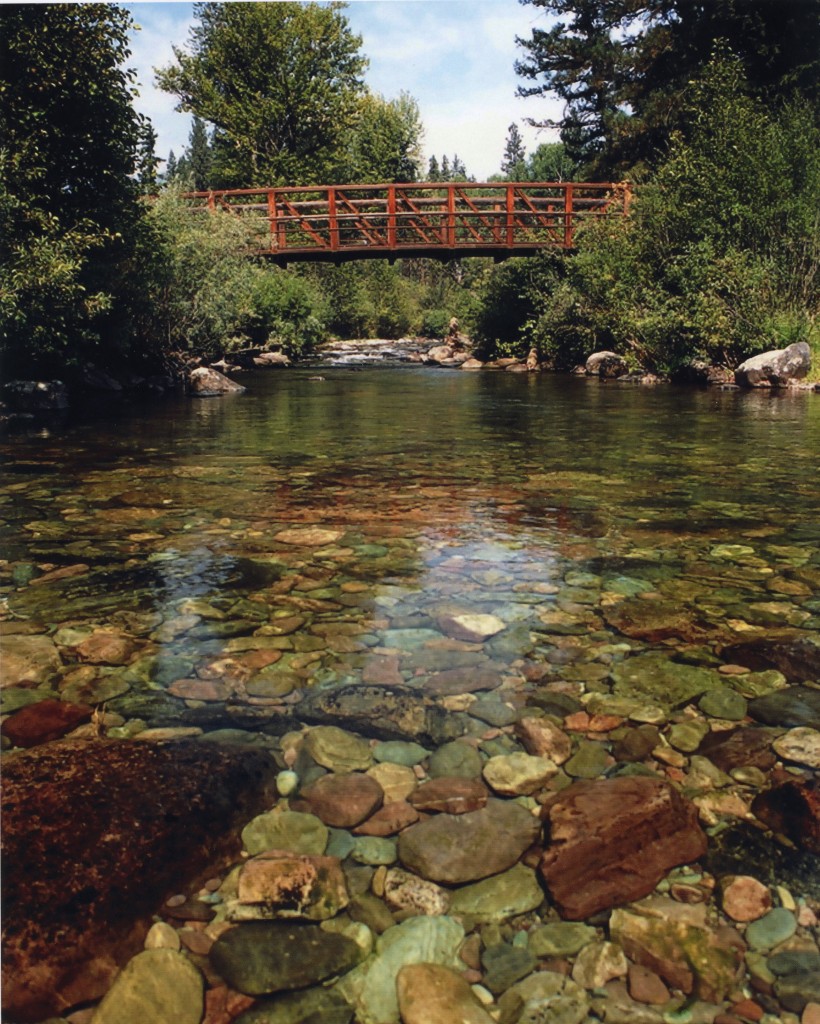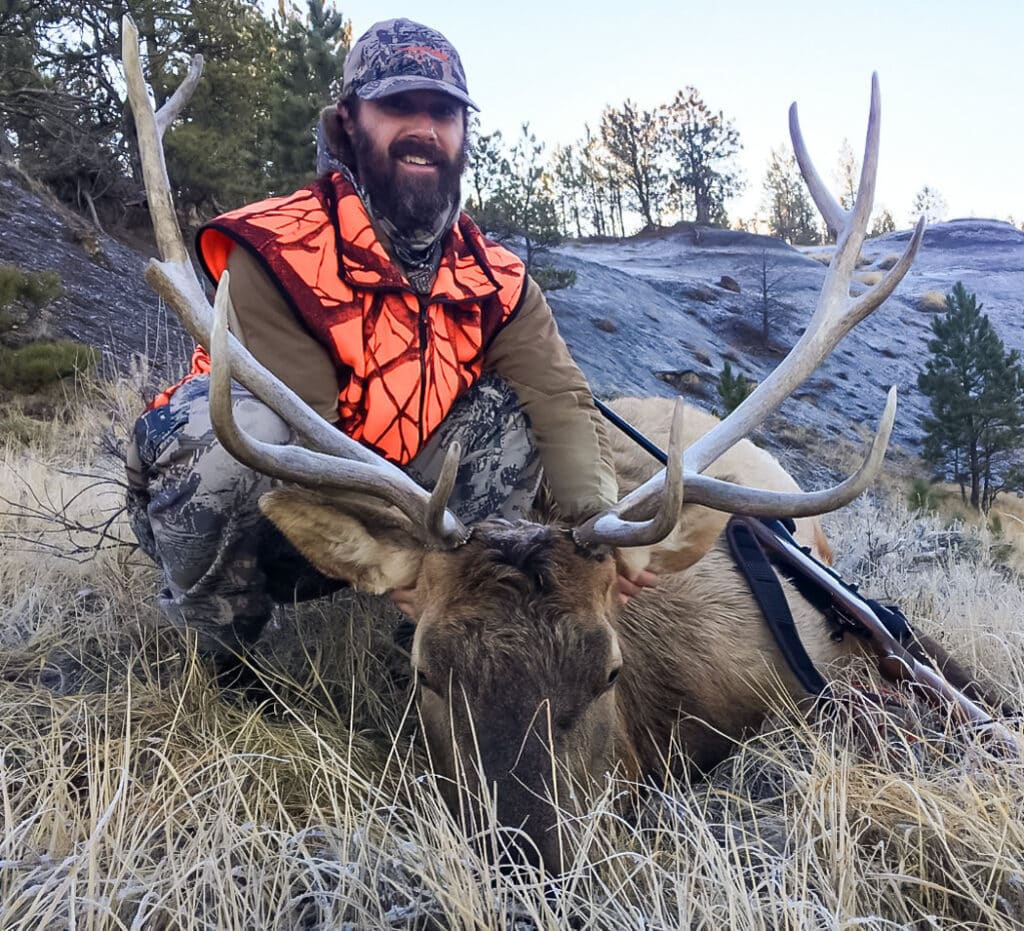
Rivers, streams, lakes and wetlands play an integral role in the lives of many Montanans. The waters that give us a place to fish, hunt, and float deserve to be protected. Unfortunately, hunters and anglers are seeing that, once again, our streams, lakes, and wetlands are under attack.
An executive order just issued by the Trump Administration would repeal the Clean Water Rule, removing the protections of the Clean Water Act from hundreds of thousands of miles of streams and waterways in Montana and across the nation. In fact, this directive removes protections for 60 percent of the nation’s stream miles and 20 million acres of wetlands.
The Clean Water Rule was developed by the EPA and Corps of Engineers over several years of work, and was intended to clarify legal confusion that existed in the past. The agencies met with over 400 stakeholder groups, including the energy industry, farmers, ranchers, and hunters and anglers. The EPA listened to concerns from the farmers and ranchers and made sure that the rule explicitly excludes artificial irrigation systems, ponds, and ditches, while also reaffirming existing exemptions for normal farming, ranching, and forestry practices.
Under the new executive order, a mining company will no longer need any government permission to dredge the creek upstream from your local trout honey hole. They won’t need permission to build a road through a creek or channel and divert the river to create settling ponds.
Anyone who has spent a day fishing a mountain creek or an early morning in a duck marsh knows how fragile those environments can be. As anglers and hunters, we are careful to respect streambeds and shorelines. Industrial users should also be required to take care of the resource.
In addition to providing quality habitat and hunting and fishing opportunity, small streams and seasonal wetlands provide drinking water for one in three Americans. These areas trap floodwaters, recharge groundwater supplies, and filter out pollution. Approximately 54% of Montana’s population uses public drinking water systems that rely on clean surface water; the rest of Montanans rely on clean groundwater.
John Bradley is MWF’s Eastern Field Representative. You can reach him at jbradley@mtwf.org

